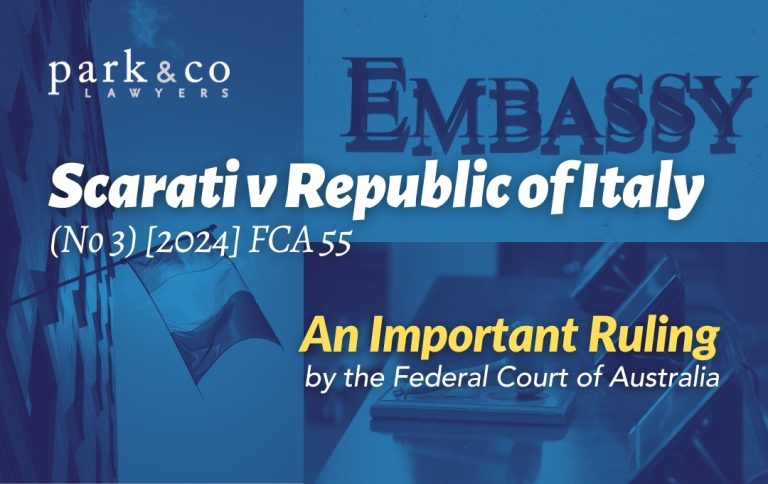[ Case Analysis ]
Landmark Decision Opens Pathway for Further Protection Against Underpayment
Alvarez Nino v Kuksal [2022] FedCFamC2G 401
Vulnerable workers such as international students and migrants have commonly been subjected to systematic exploitation by employers. Of such exploitation, the most frequent is underpayment of wages. The recent case of Alvarez Nino v Kuksal, albeit a decision of the Federal Circuit and Family Court of Australia, has been labelled as a landmark decision in affording higher protection of vulnerable workers from underpayment by their employers.
Facts of the Case
8 individual applicants commenced small claim proceedings under section 548 of the Fair Work Act 2009 (Cth) (“the Act”) against Mr Shivesh Kuksal (“Mr Kuksal”), alleging that they had either not been paid for any work they performed, or that they had wages that were still owed to them. The applicants claimed that that they were employed by Mr Kuksal directly.
At the time, Mr Kuksal was the sole director and shareholder of Kornucopia Pty Ltd (“Kornucopia”) and Avante-Gard Ventures Pty Ltd (“Avante-Gard”). The applicants claimed that they were employed by Mr Kuksal through either one of those companies. Mr Kuksal has since deregistered both Kornucopia and Avante-Gard.
Because Kornucopia and Avante-Gard had been deregistered, Mr Kuksal was named as the sole respondent by each applicant. Each applicant sought relief and compensation from Mr Kuksal on the basis that he was an accessory to the underpayments and was “involved in” such underpayments as defined under section 550 of the Act.
Issues before the Court
Noting that this was a small claim proceeding, Mr Kuksal submitted to the Court that, in a small claim proceeding, the Court has no jurisdiction to decide whether he was accessorily liable within the meaning of section 550. In this regard, Mr Kuksal suggested that he could be liable for the underpayment as an individual.
The Court’s Judgment
Judge Forbes dismissed Mr Kuksal’s submissions. It was decided by the Court that section 548 of the Act does not prescribe whom the Court may or may not make orders against in a small claim proceeding. The Court also stated that there was no reason why an order could not be made against Mr Kuksal individually for the underpayments where the Court considered it appropriate to do so.
Therefore, the Court’s powers were summarised in that, where an applicant can establish a contravention, including accessorial contravention under section 550 of the Act, the Court has the power in a small claim proceeding to make any order it considers appropriate, other than an order for pecuniary penalties or an order for payment of greater than $20,000.
Conclusion & Learning Points
This case should be seen as a major victory for all workers who have been continuously underpaid by their employers. It confirms that, in small claim proceedings, employers cannot escape liability to compensate for underpayment simply by deregistering the company.
It provides assurance that applicants are able to request the Court to make an order, not only against the employer (e.g. company, partnership, etc.), but also against third parties who were knowingly involved in the underpayments.








